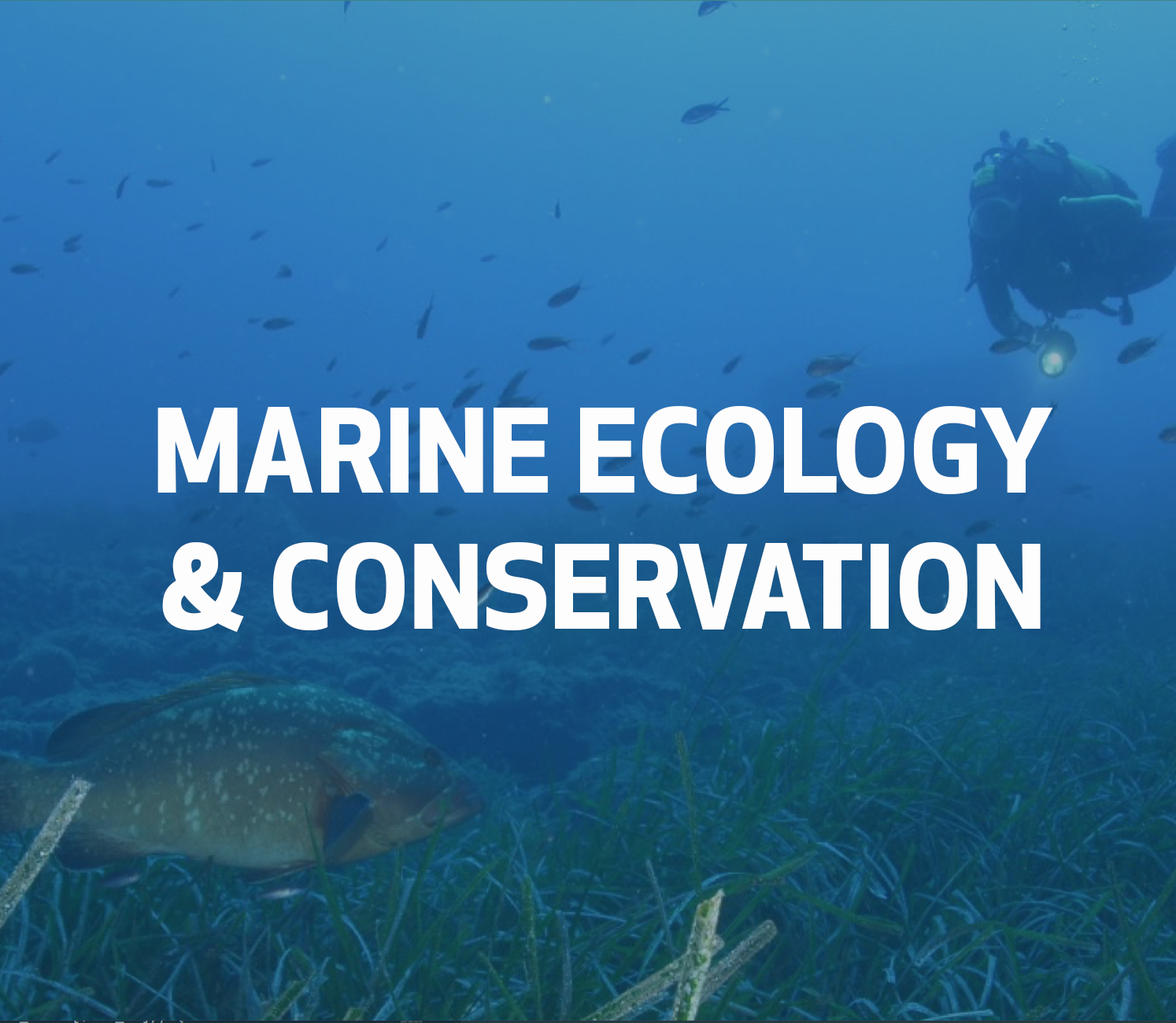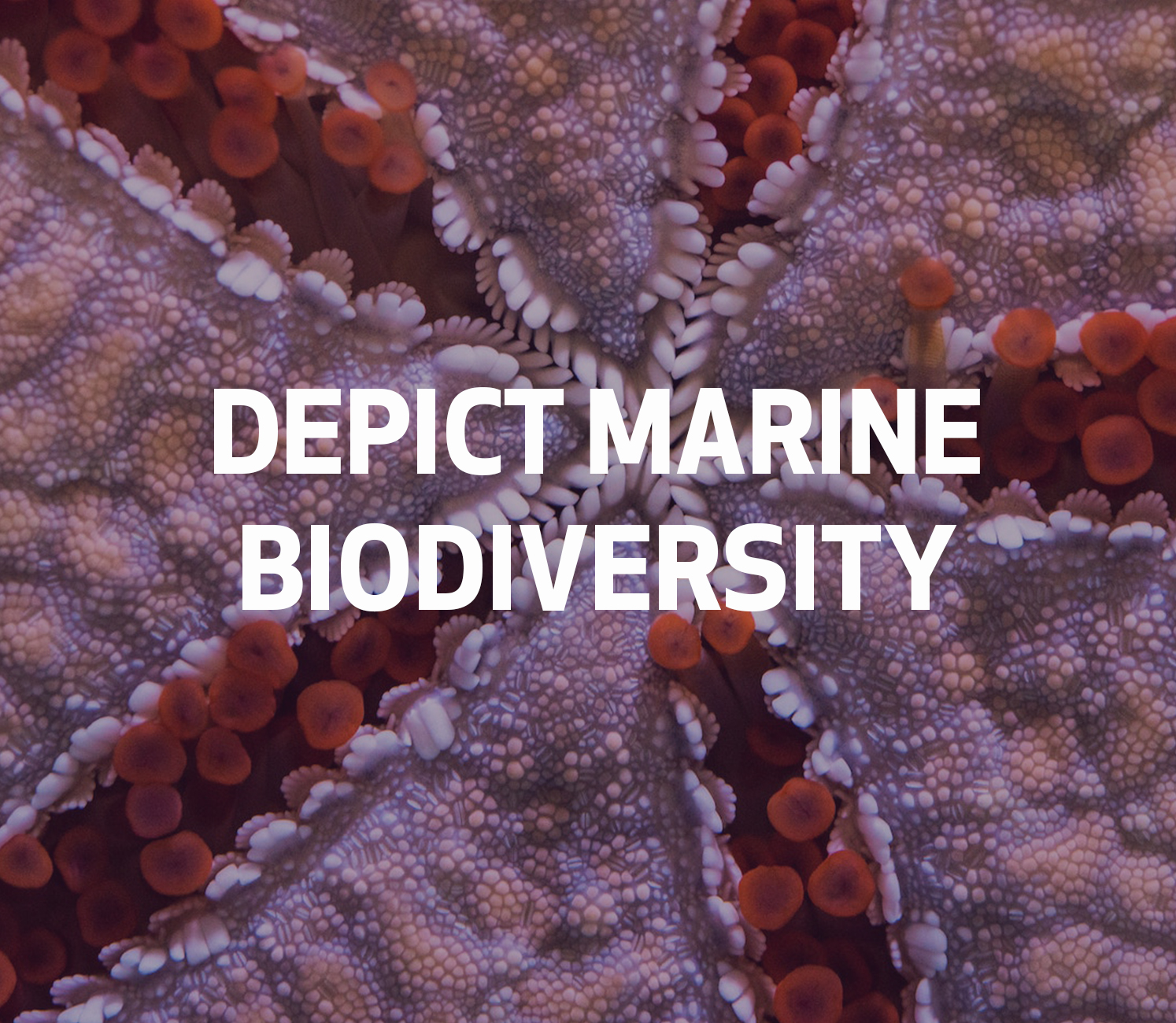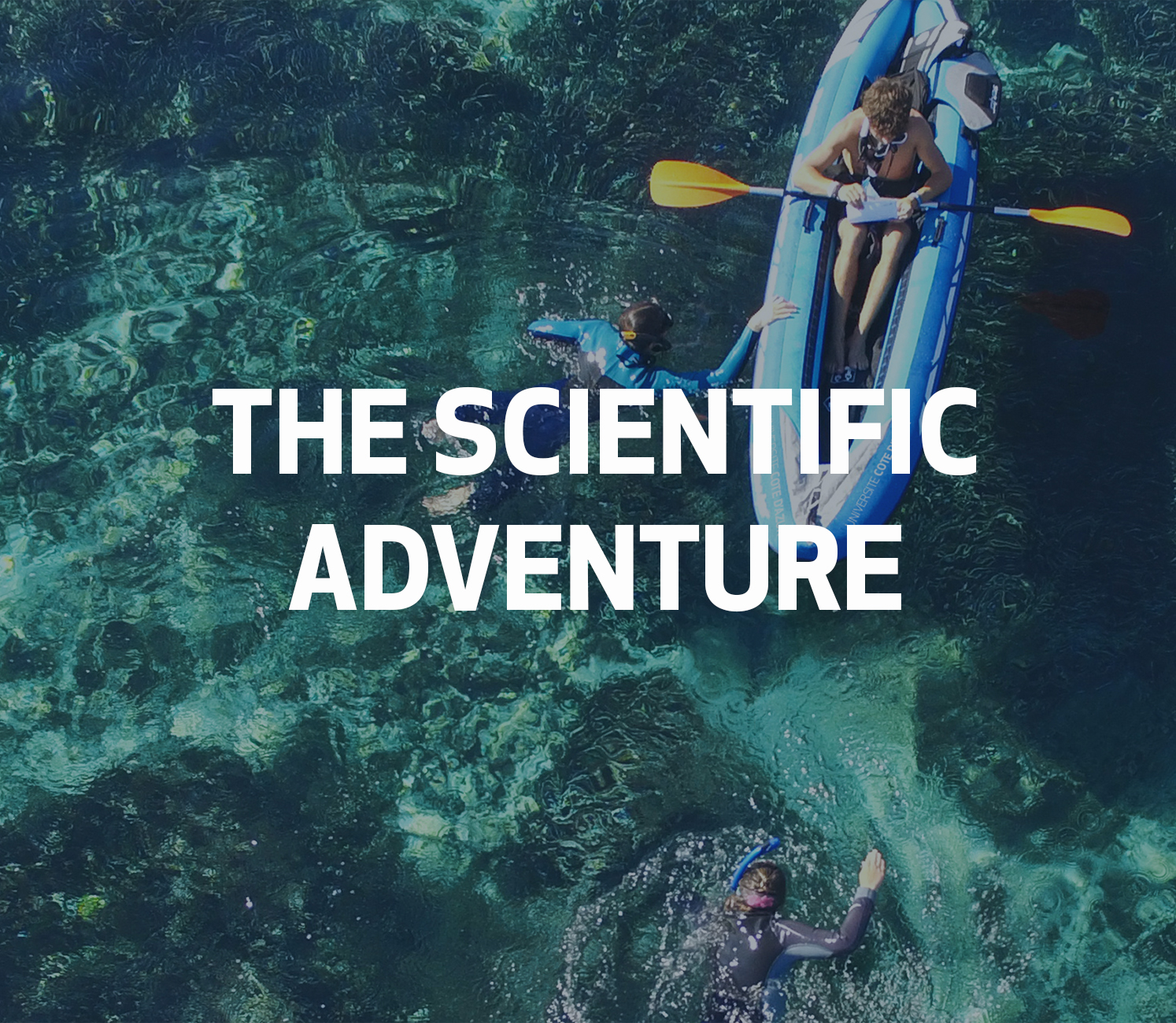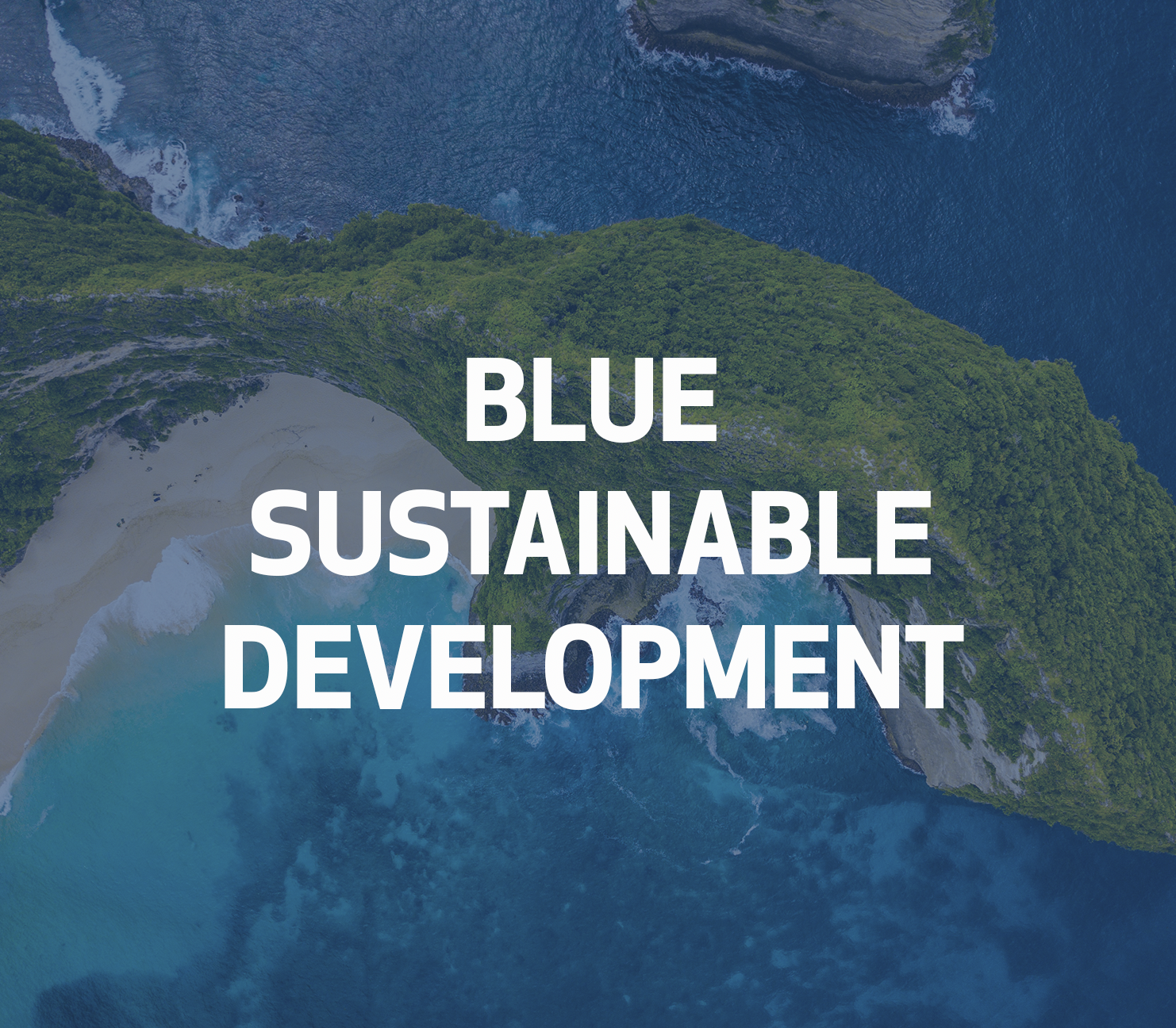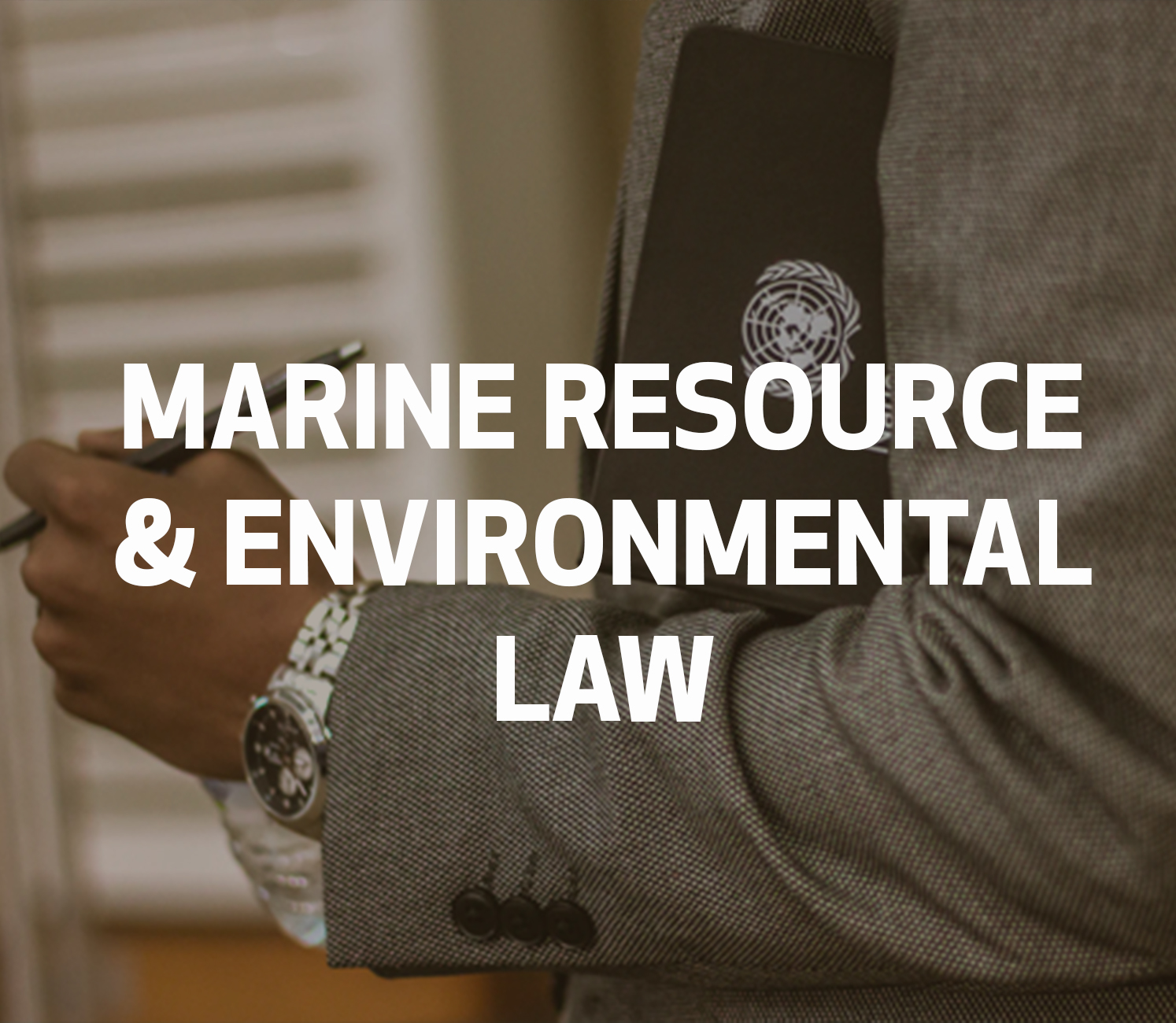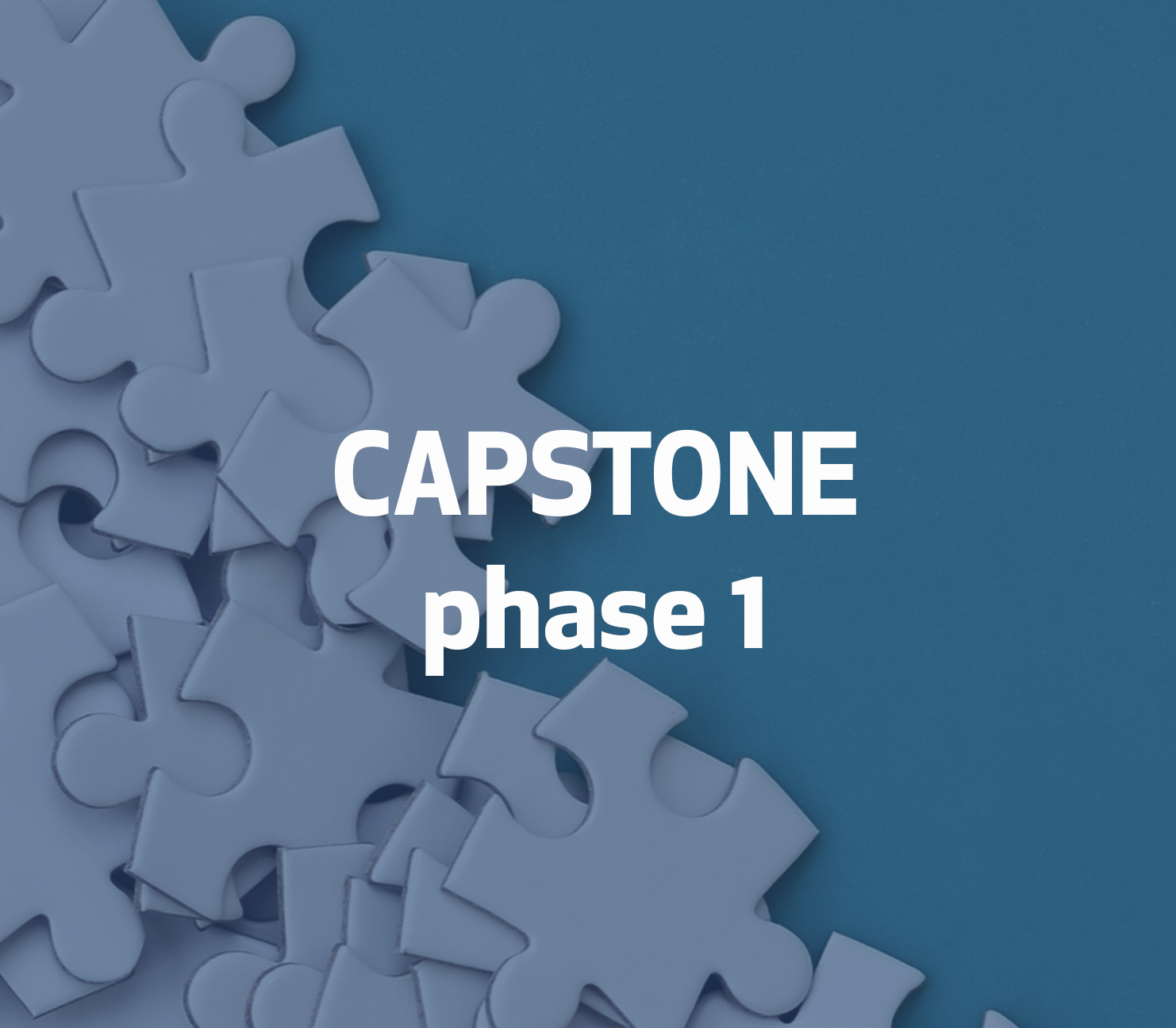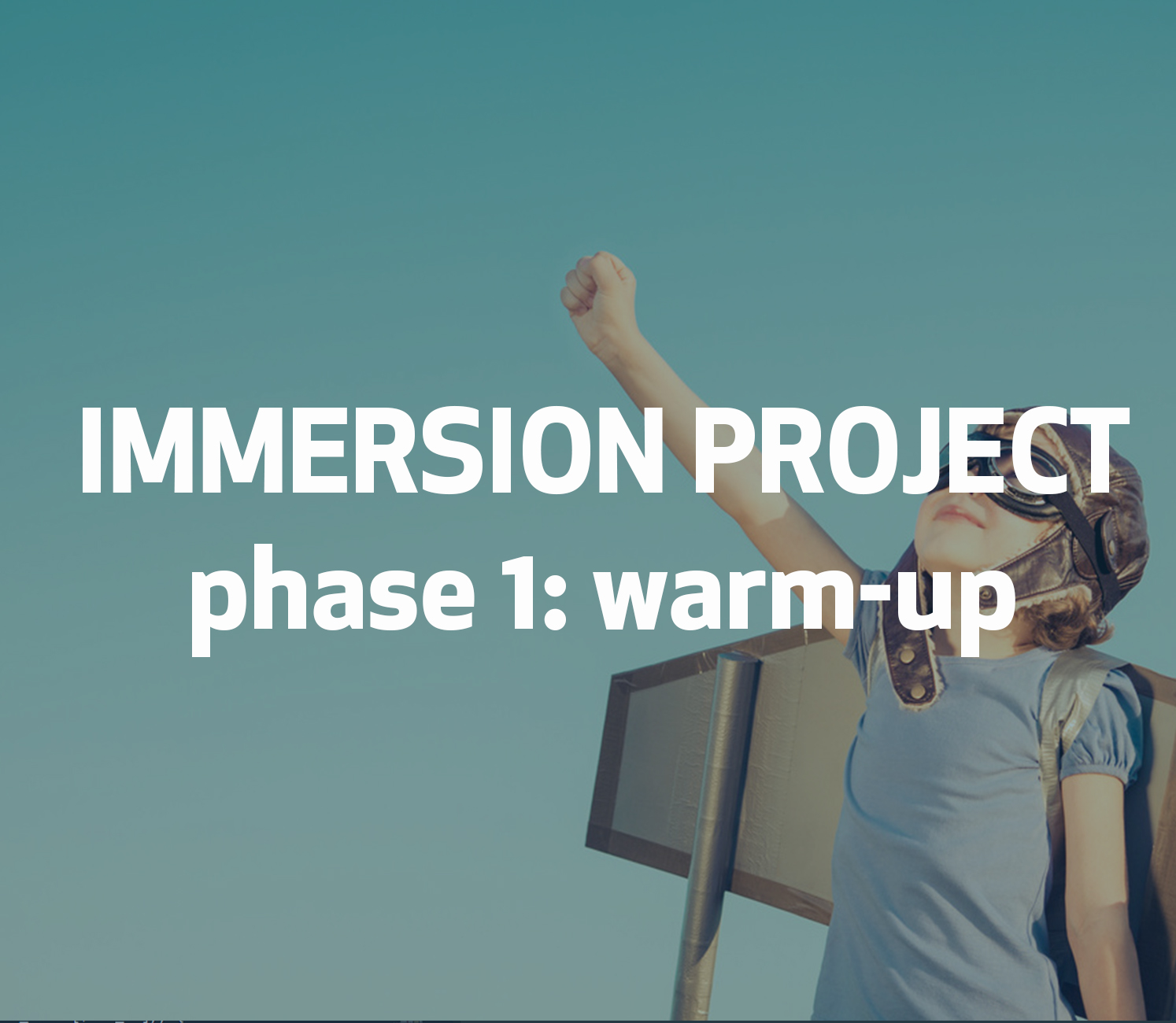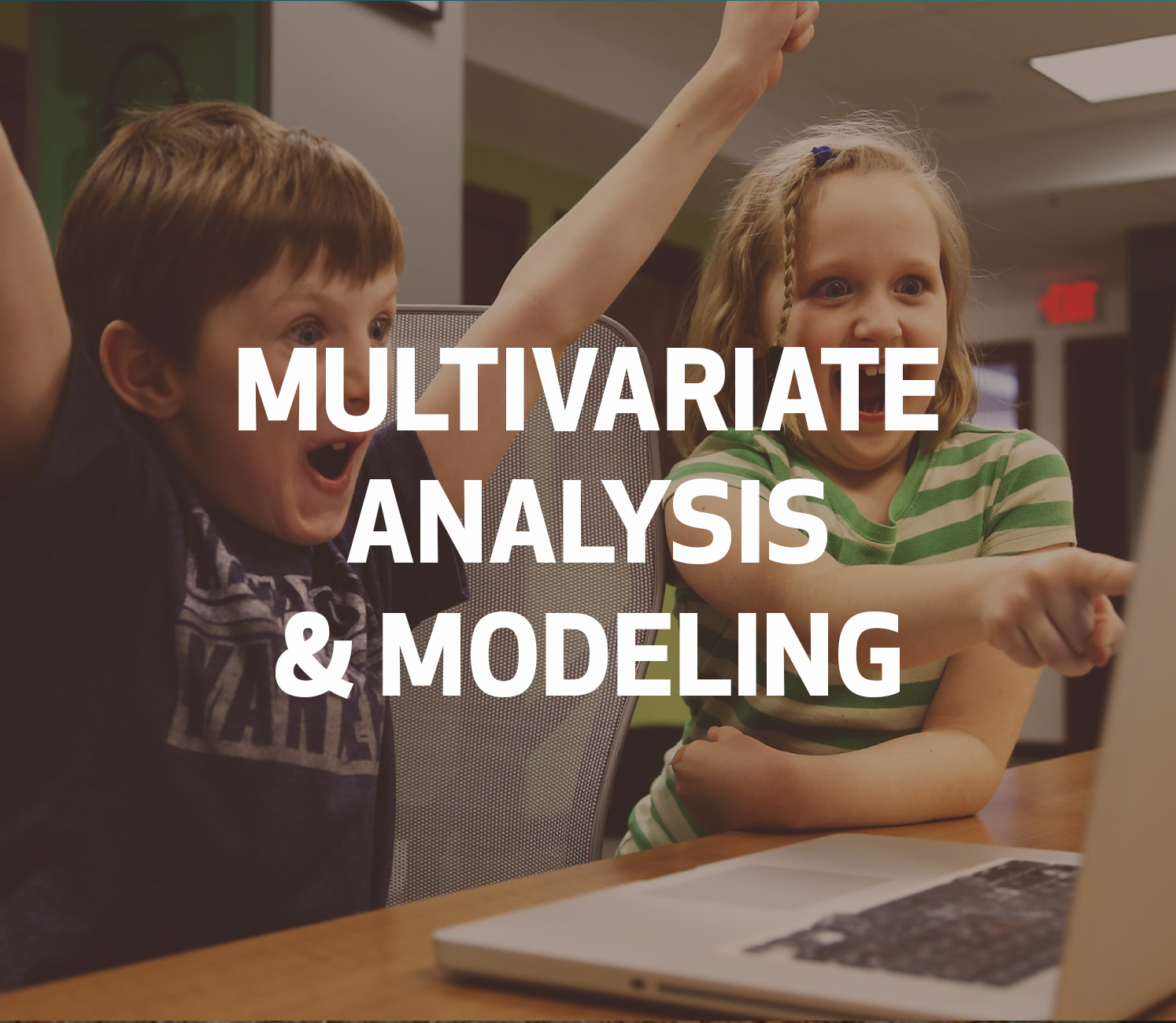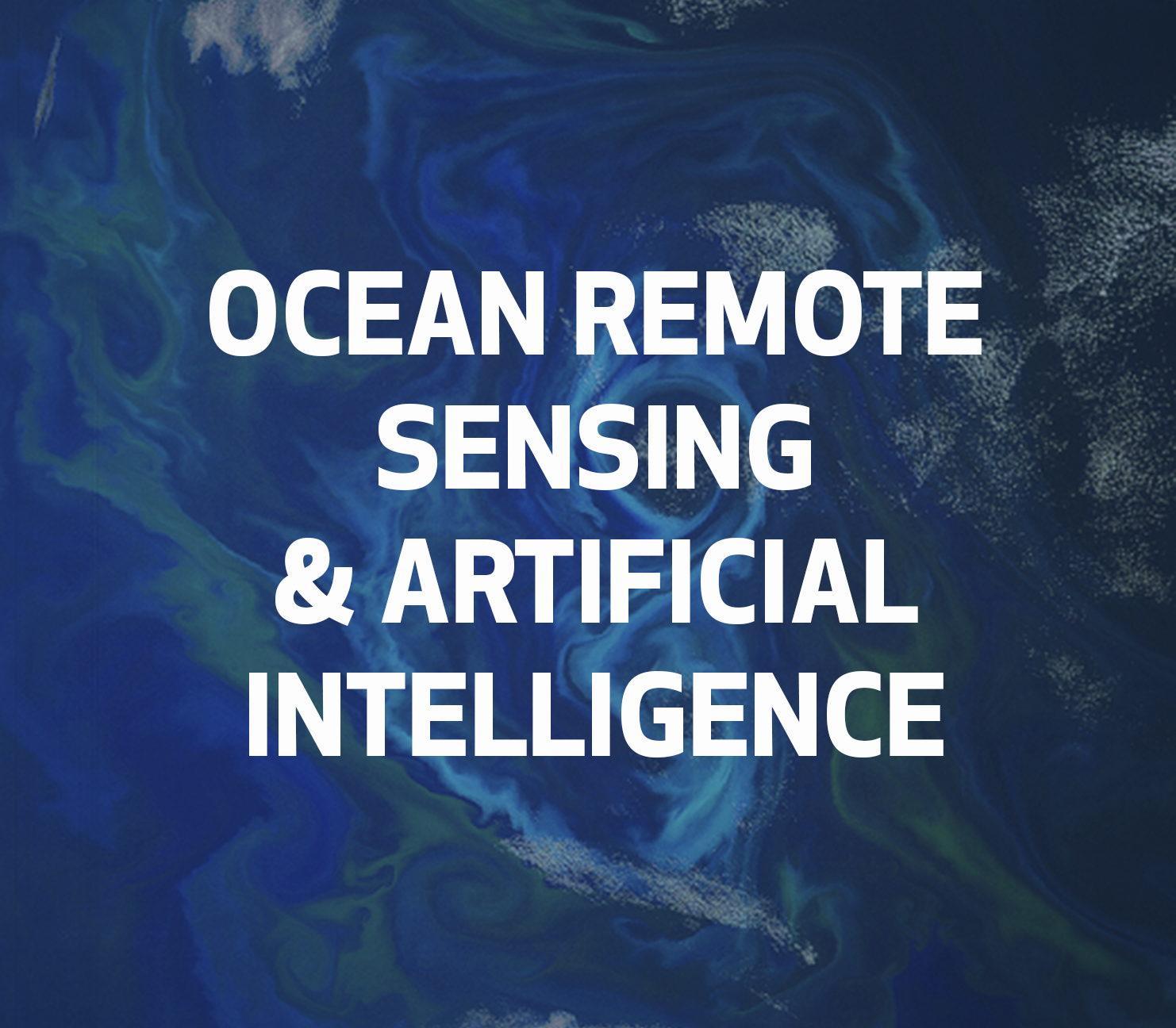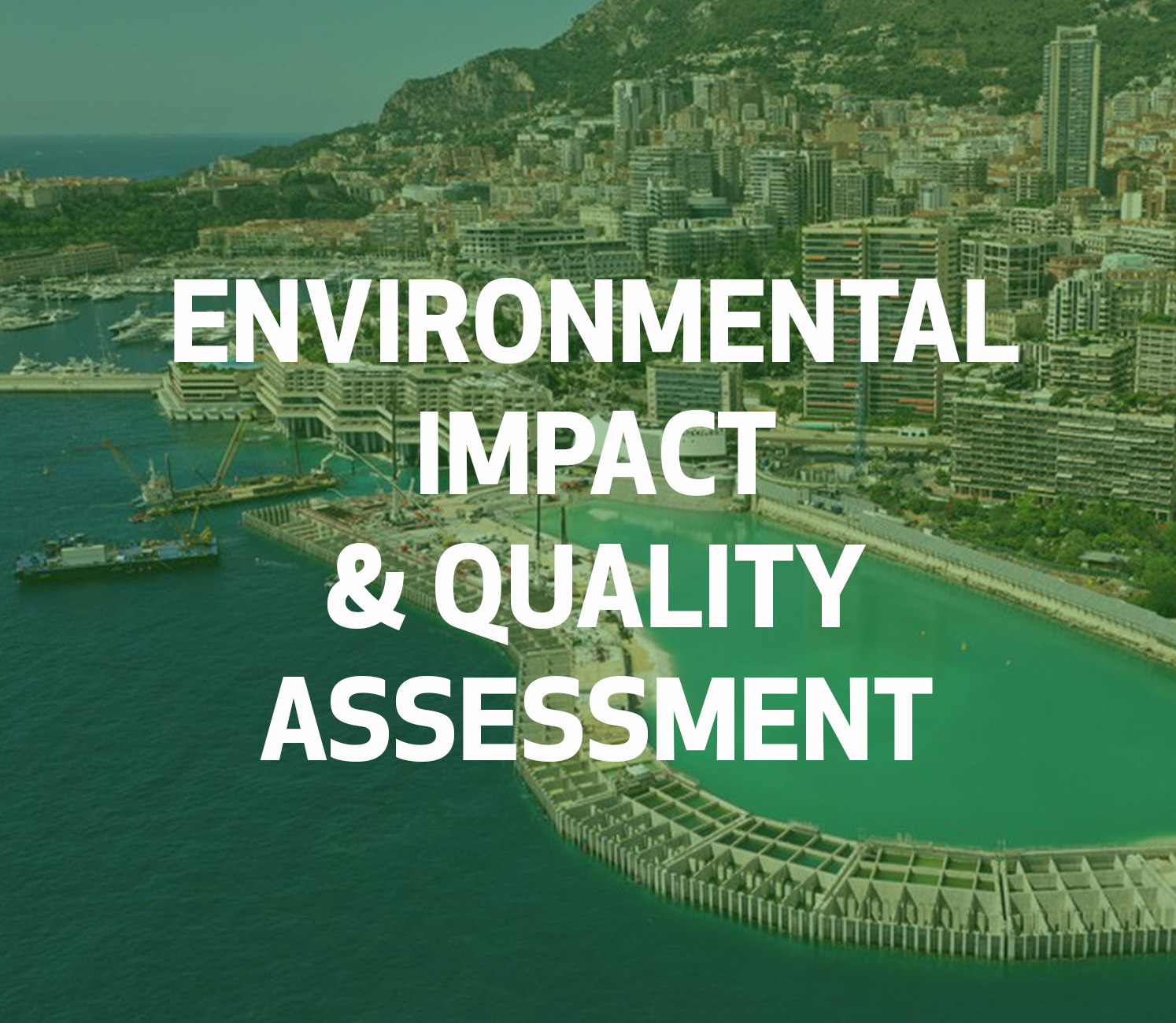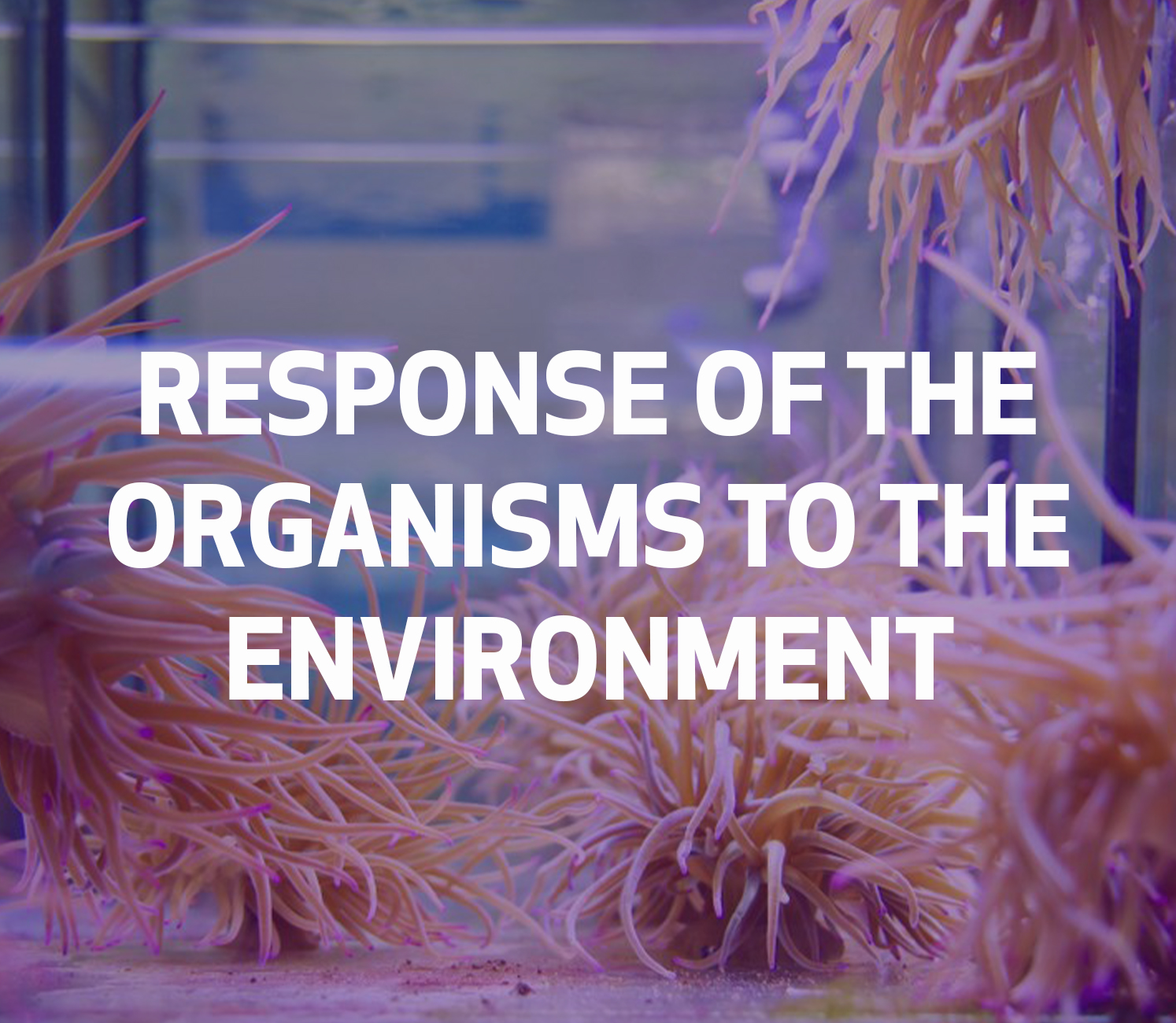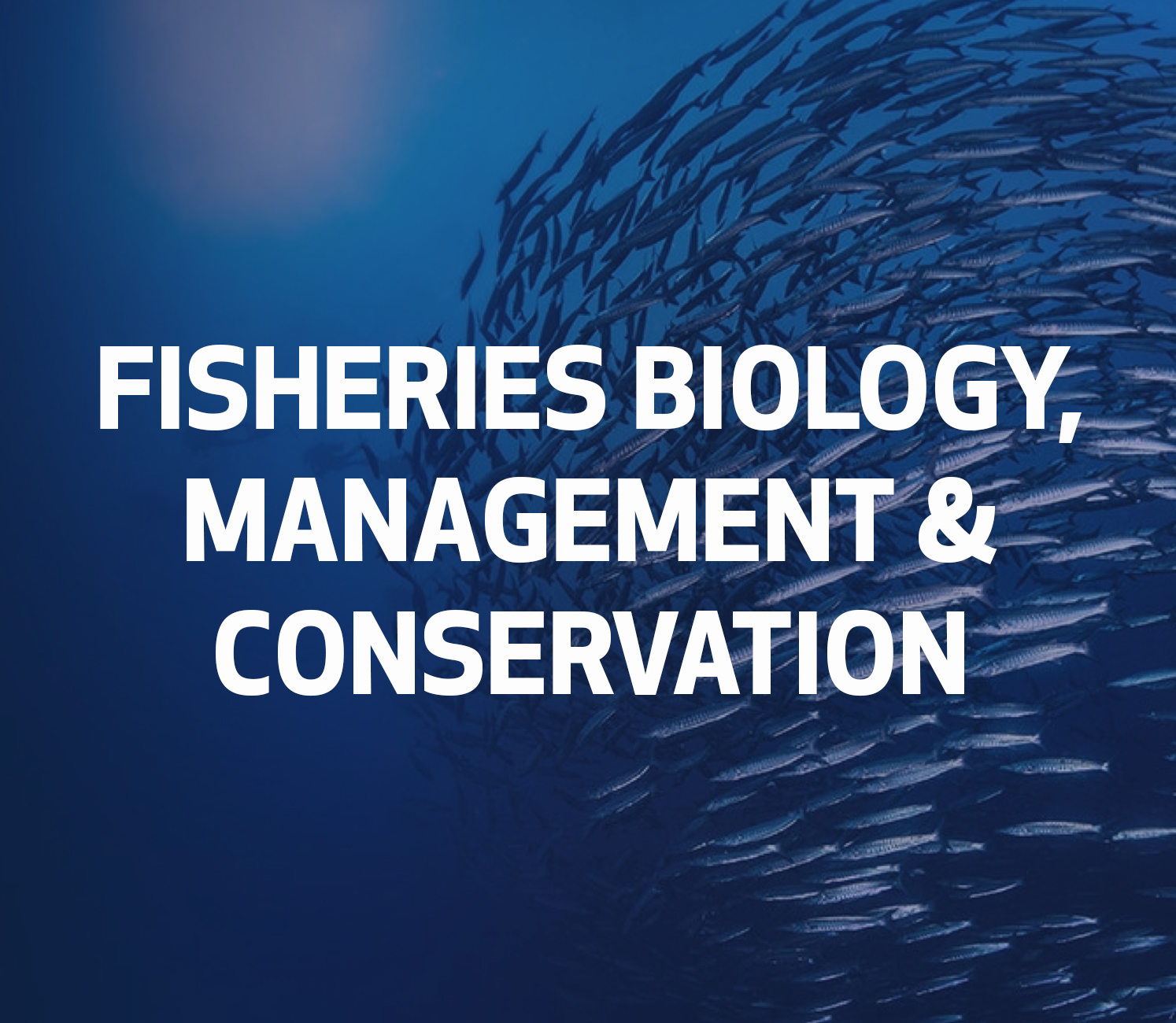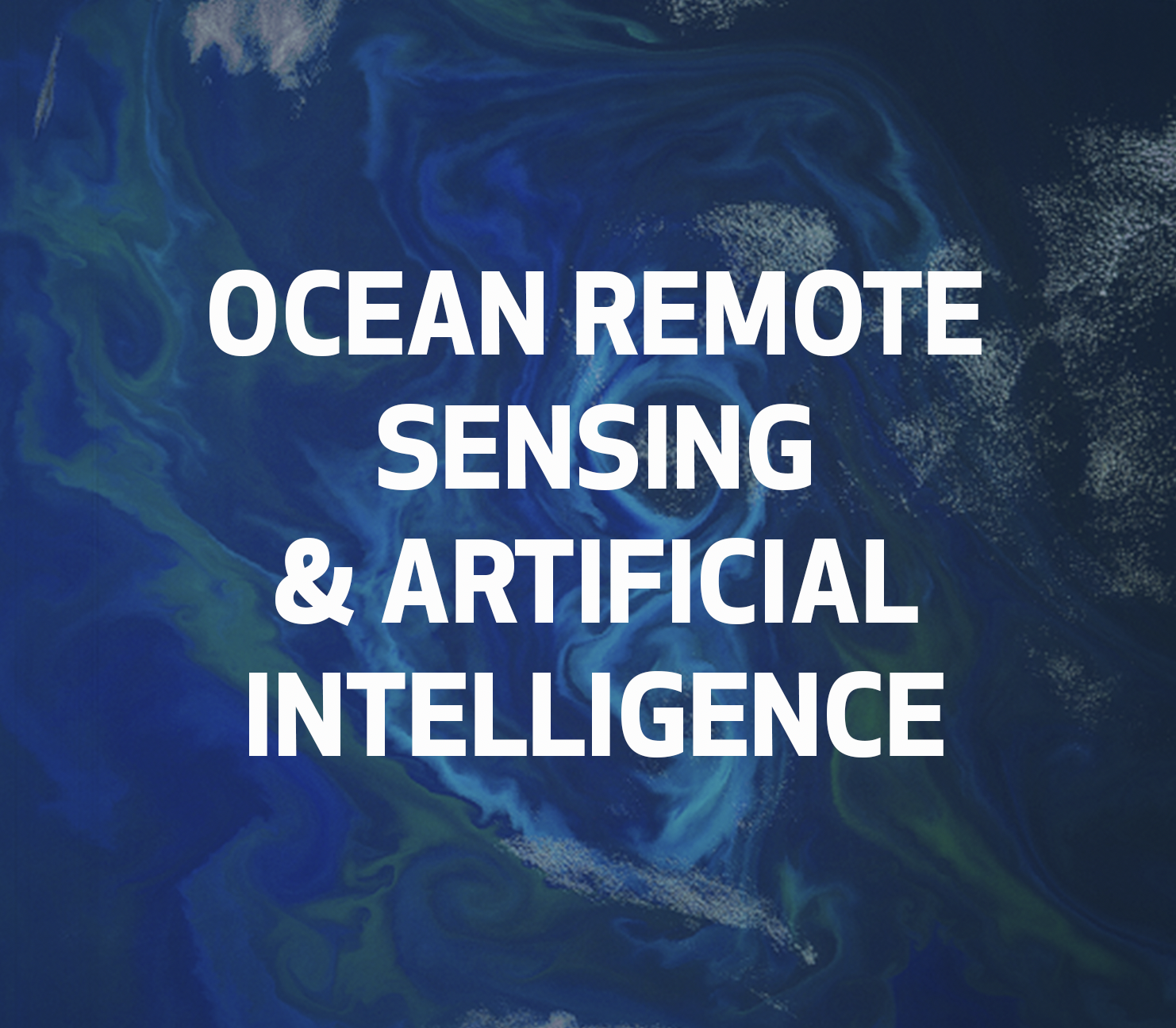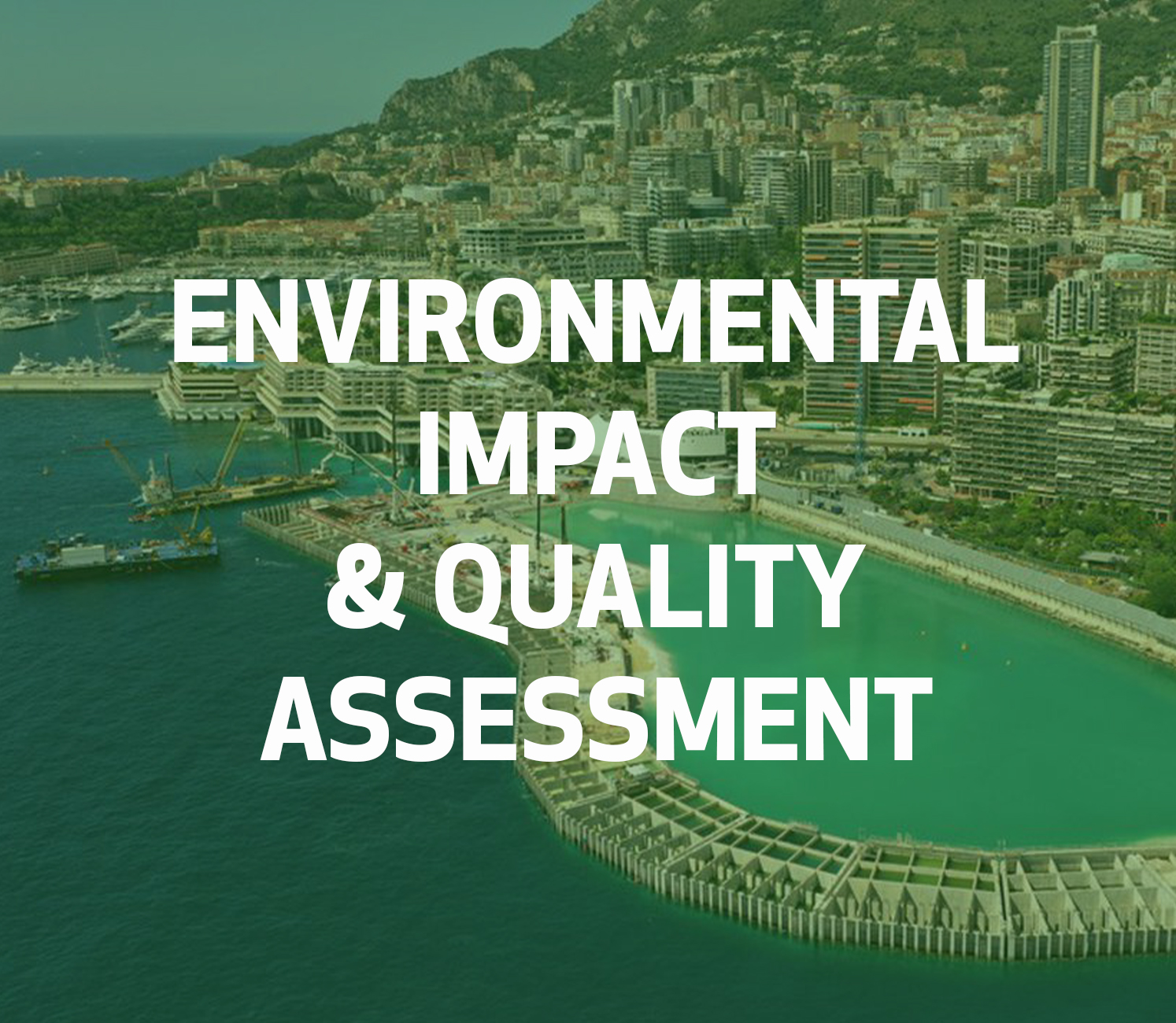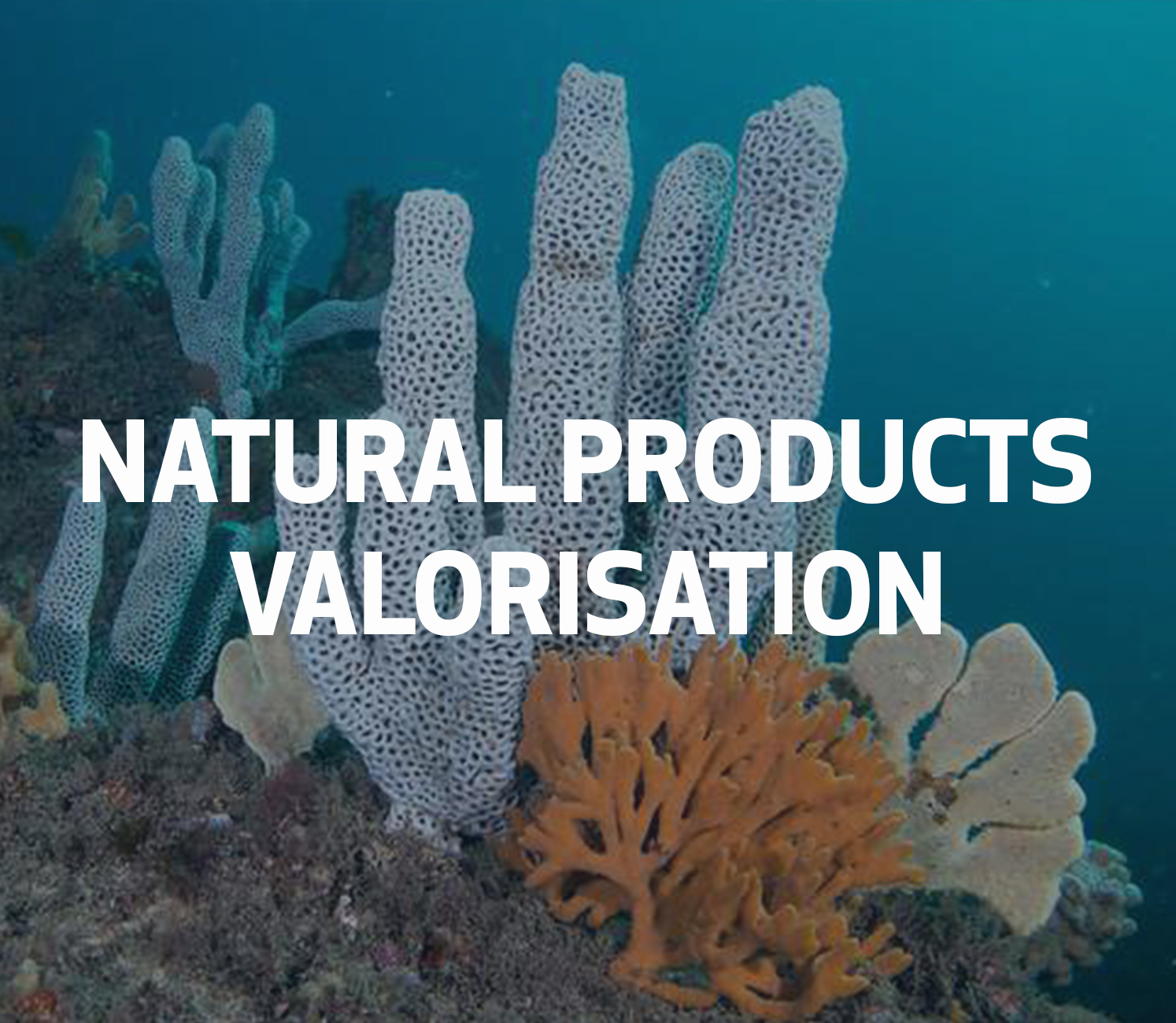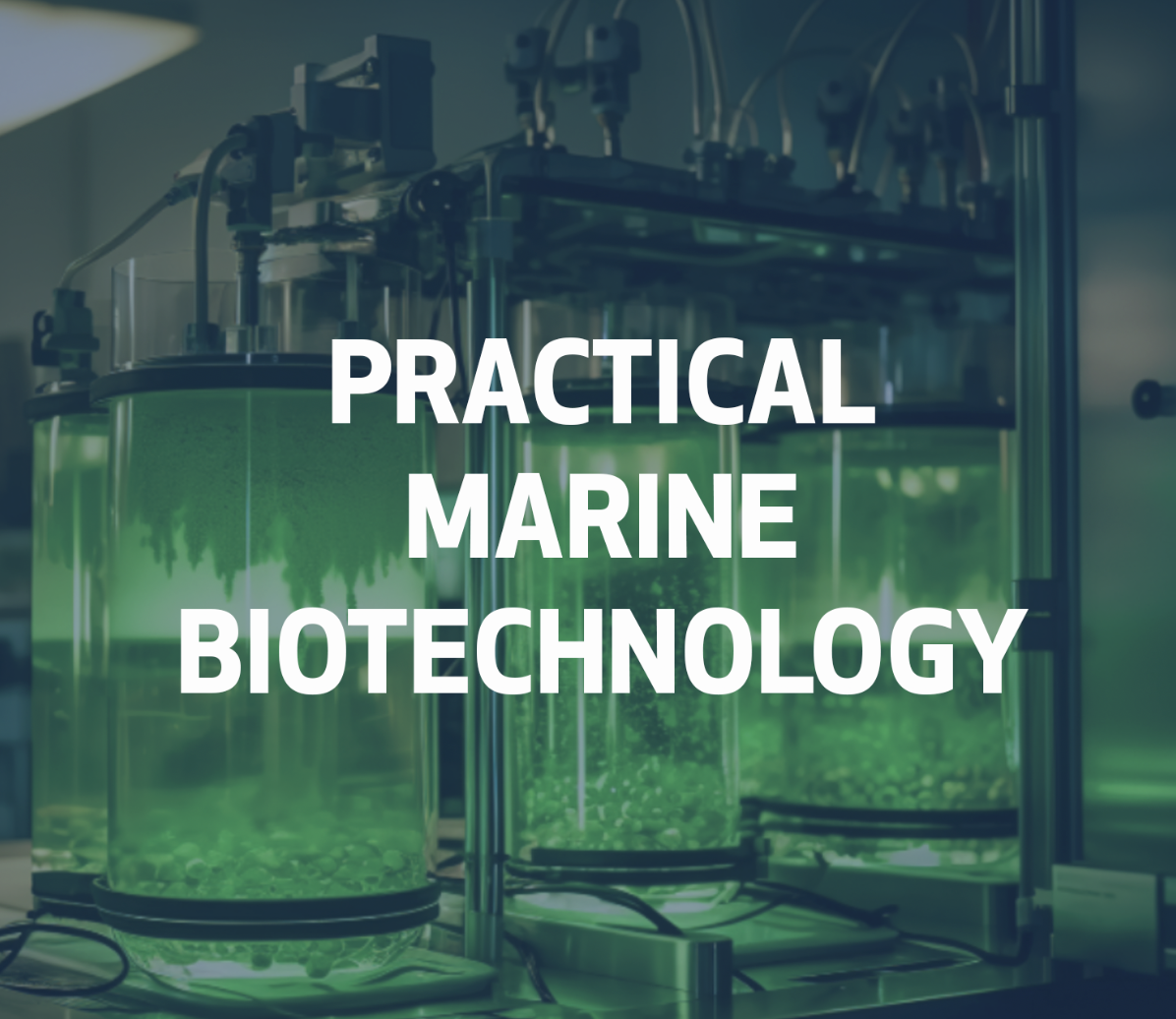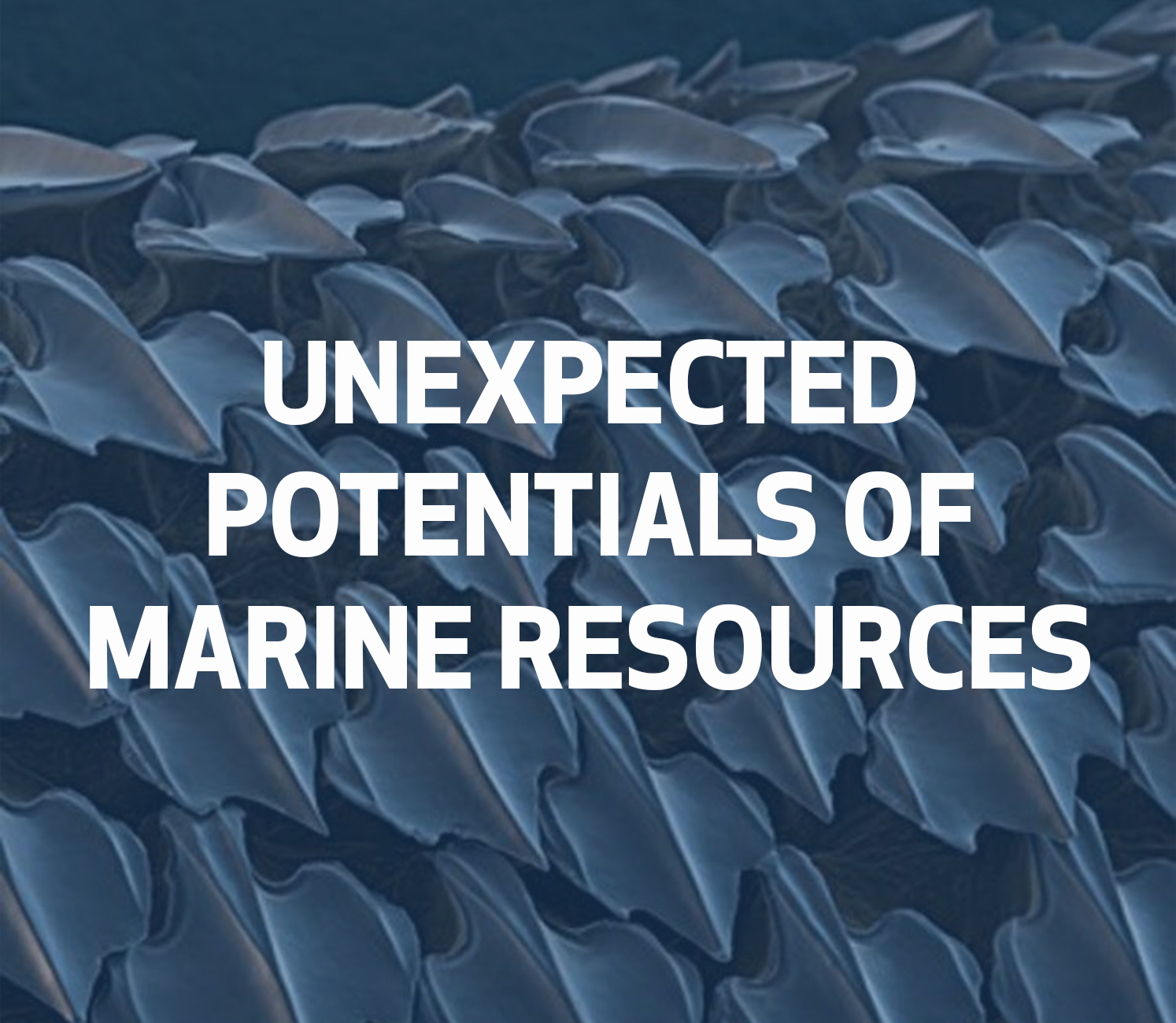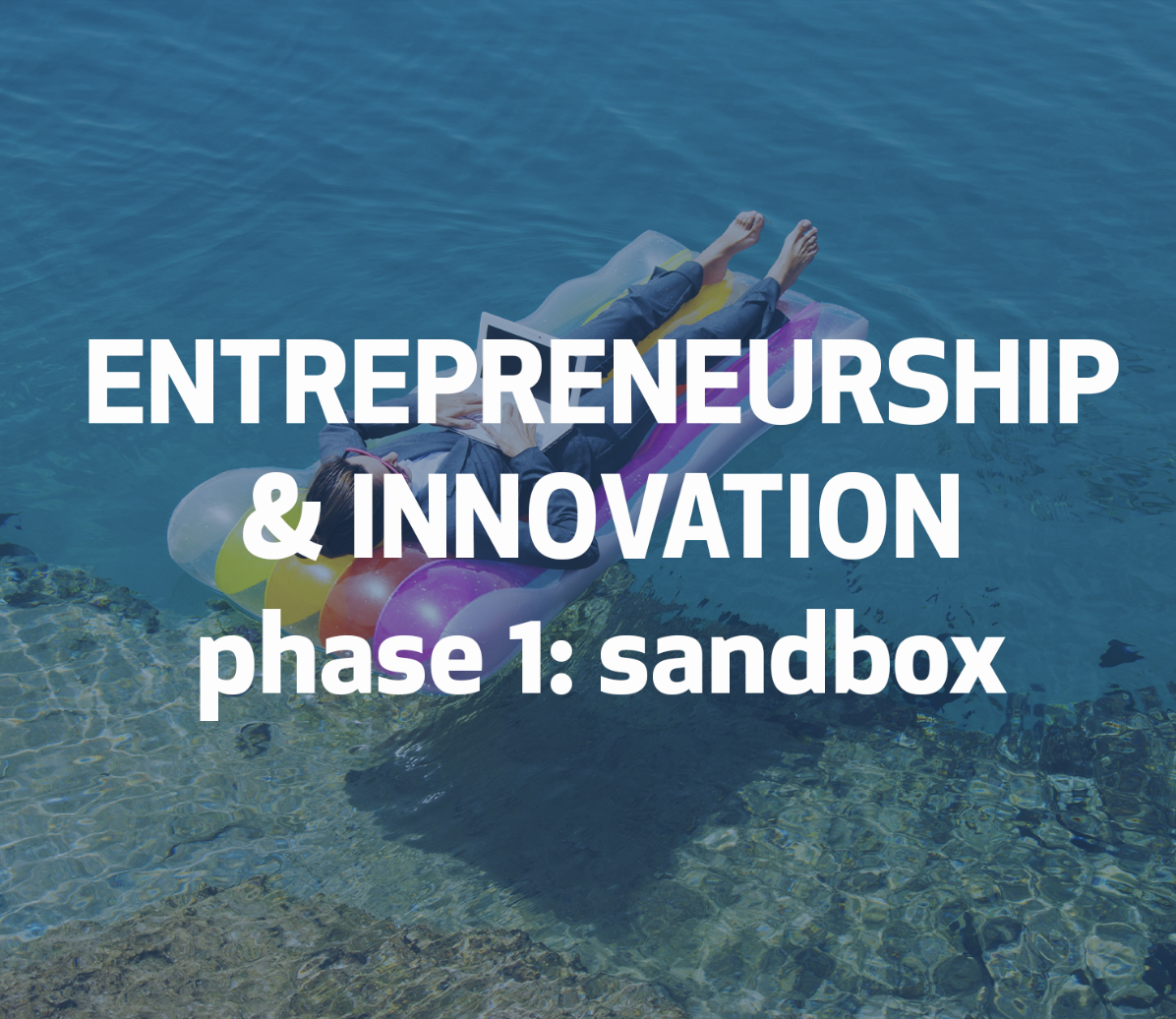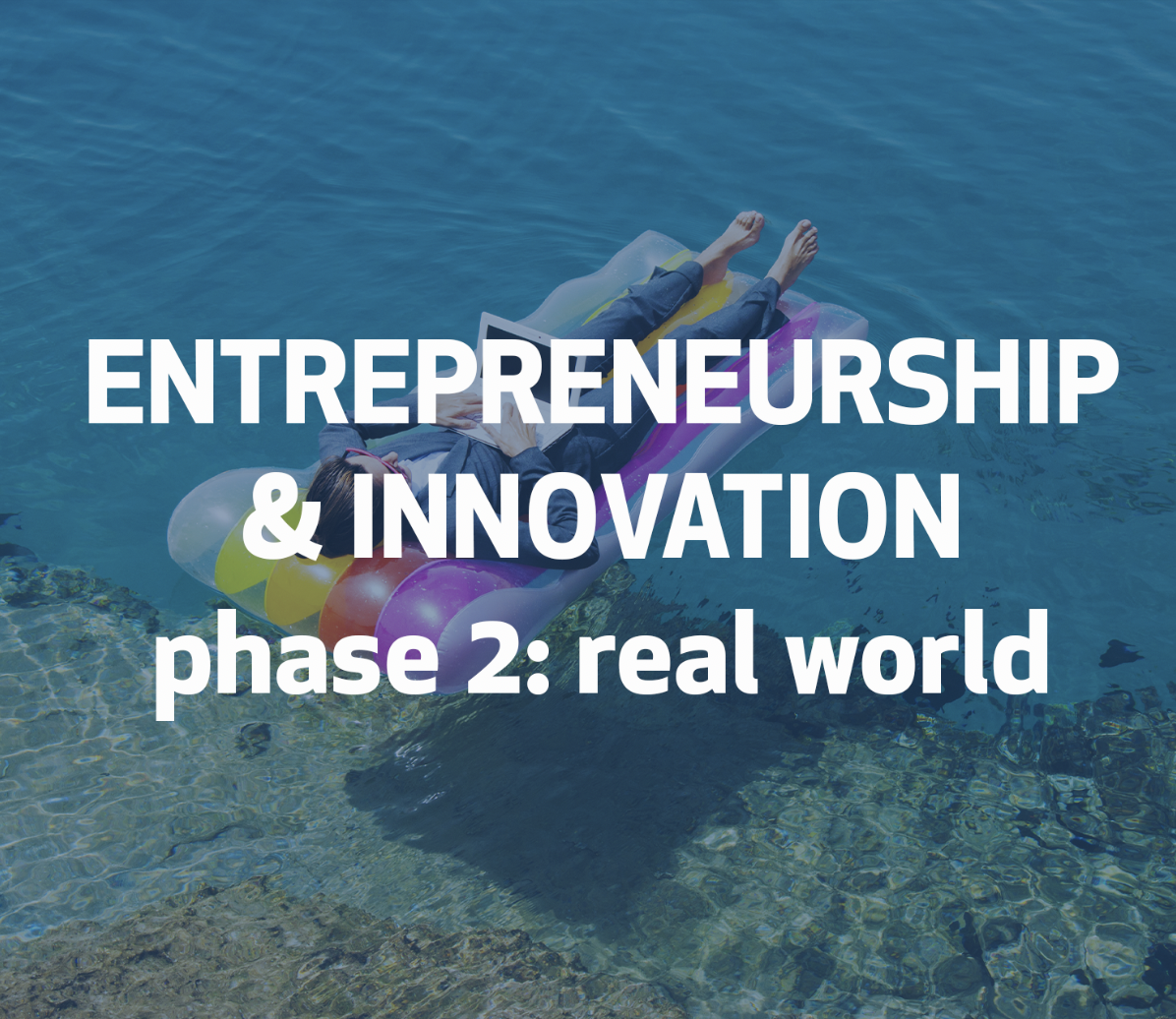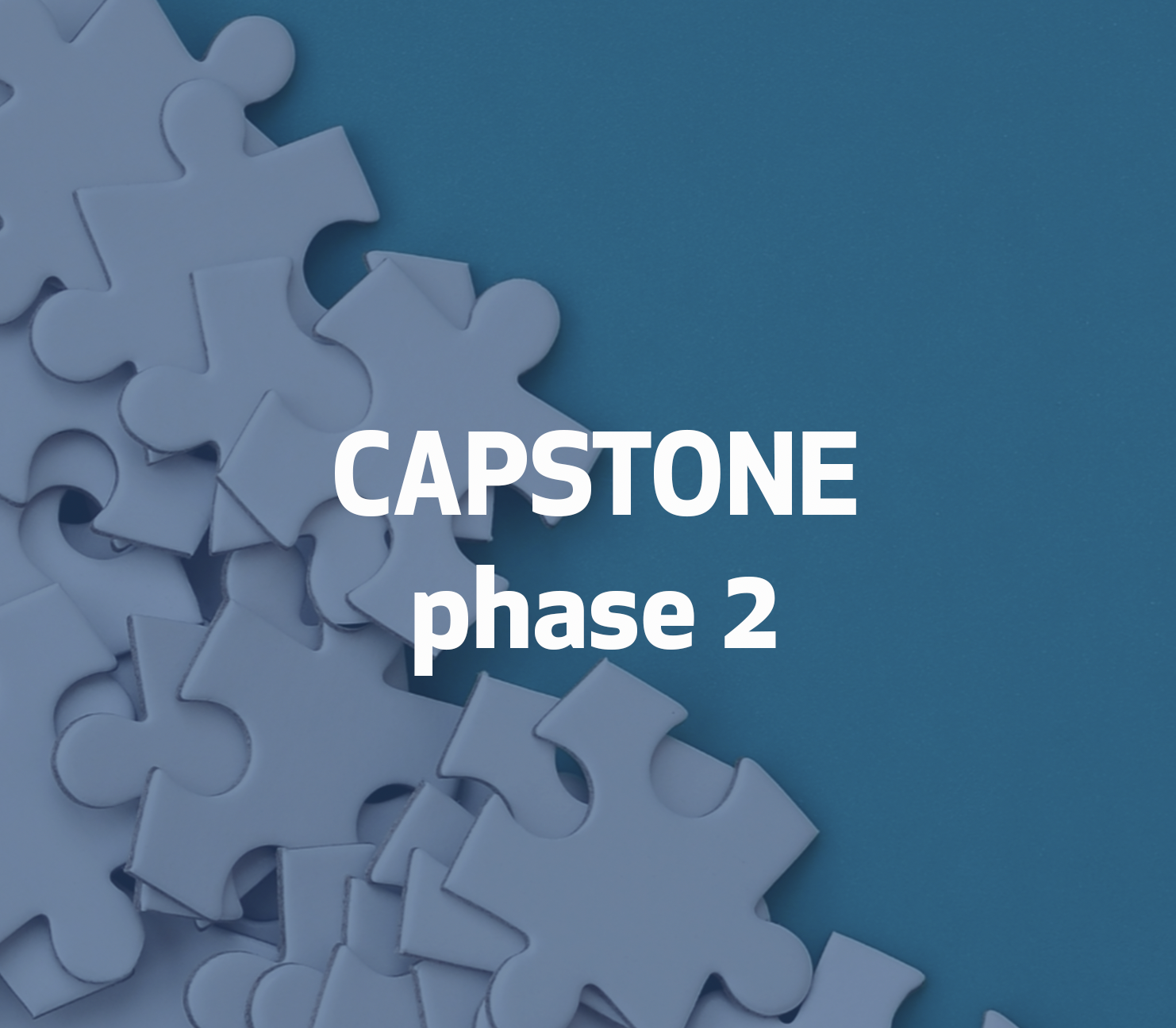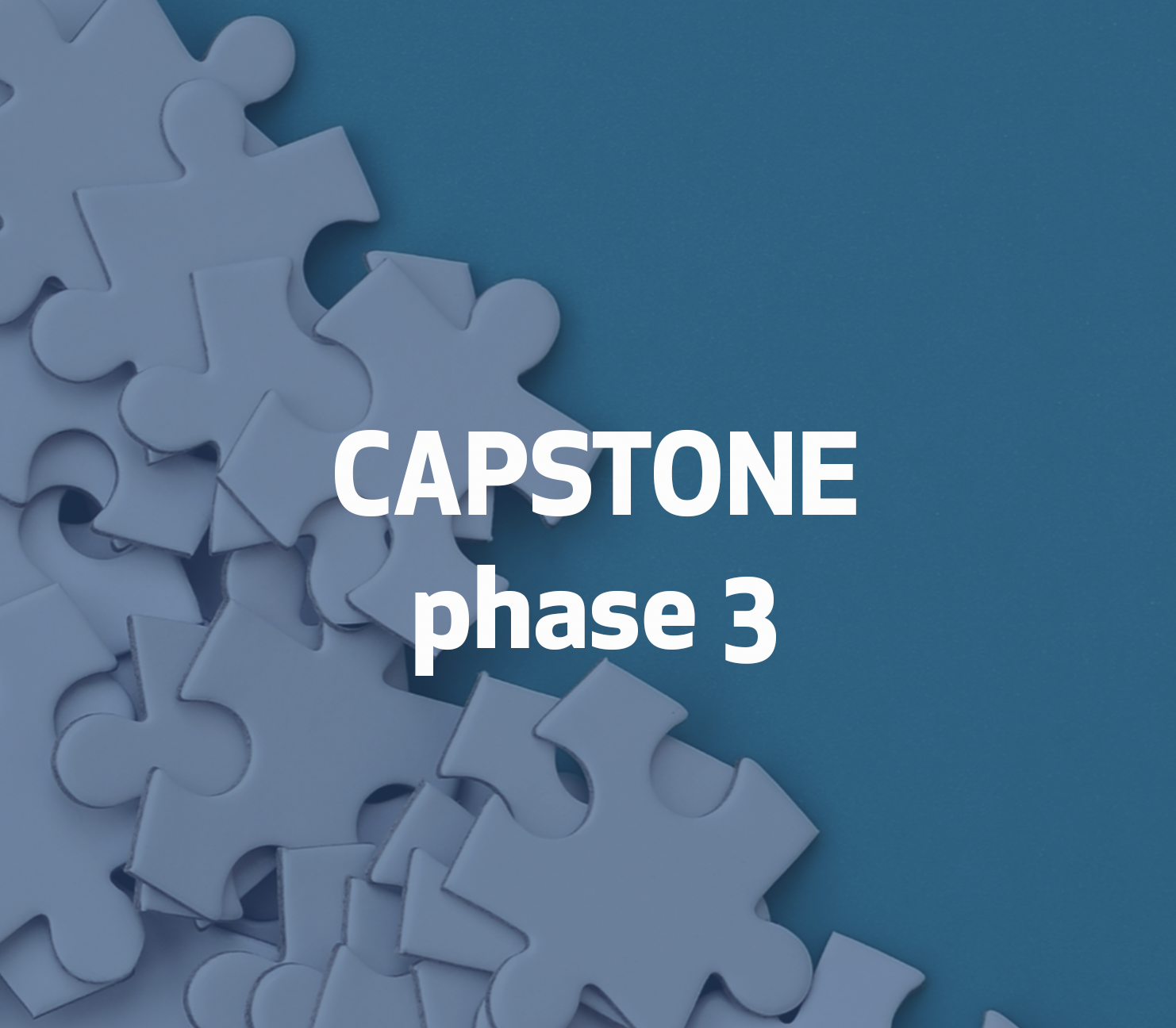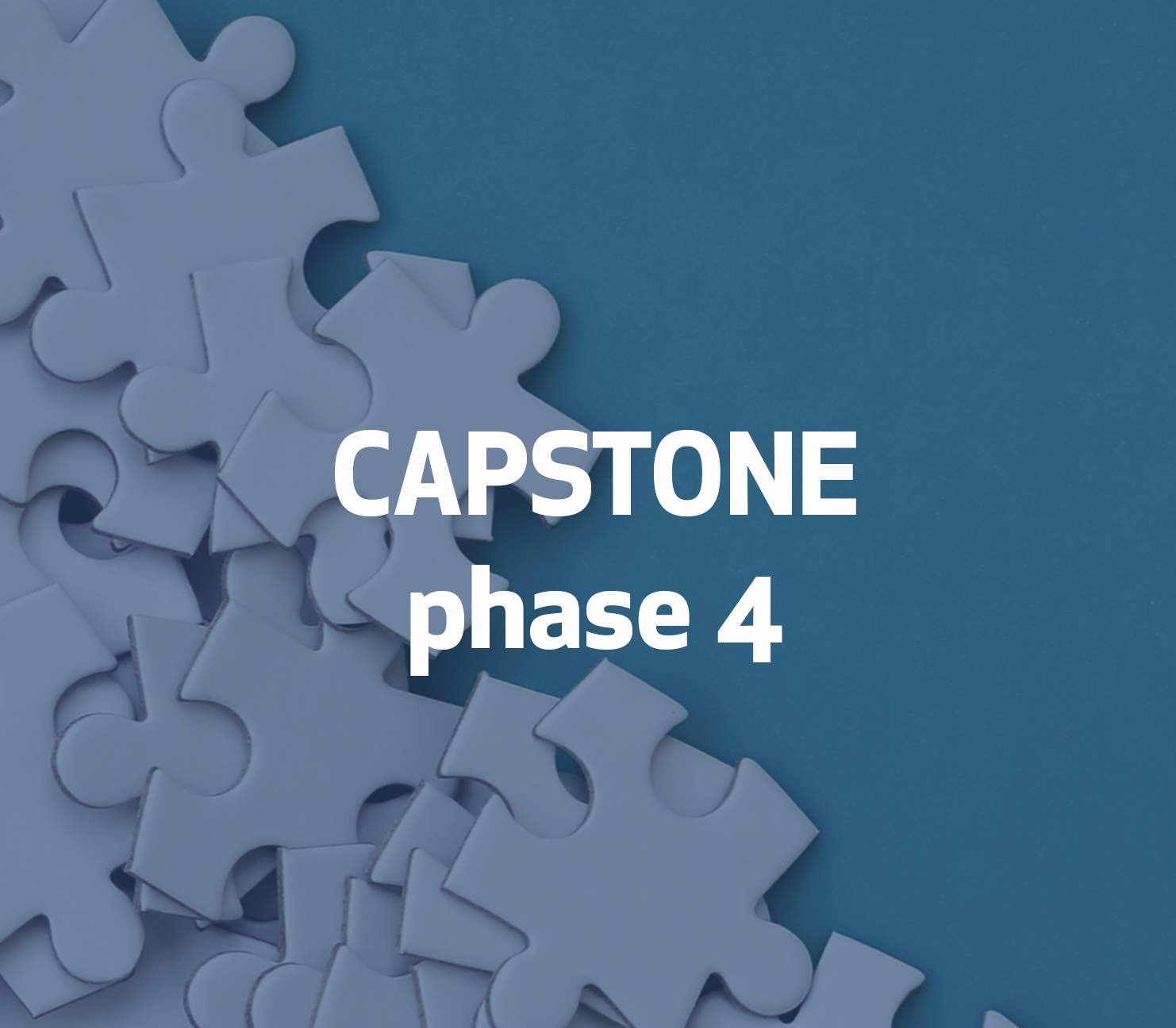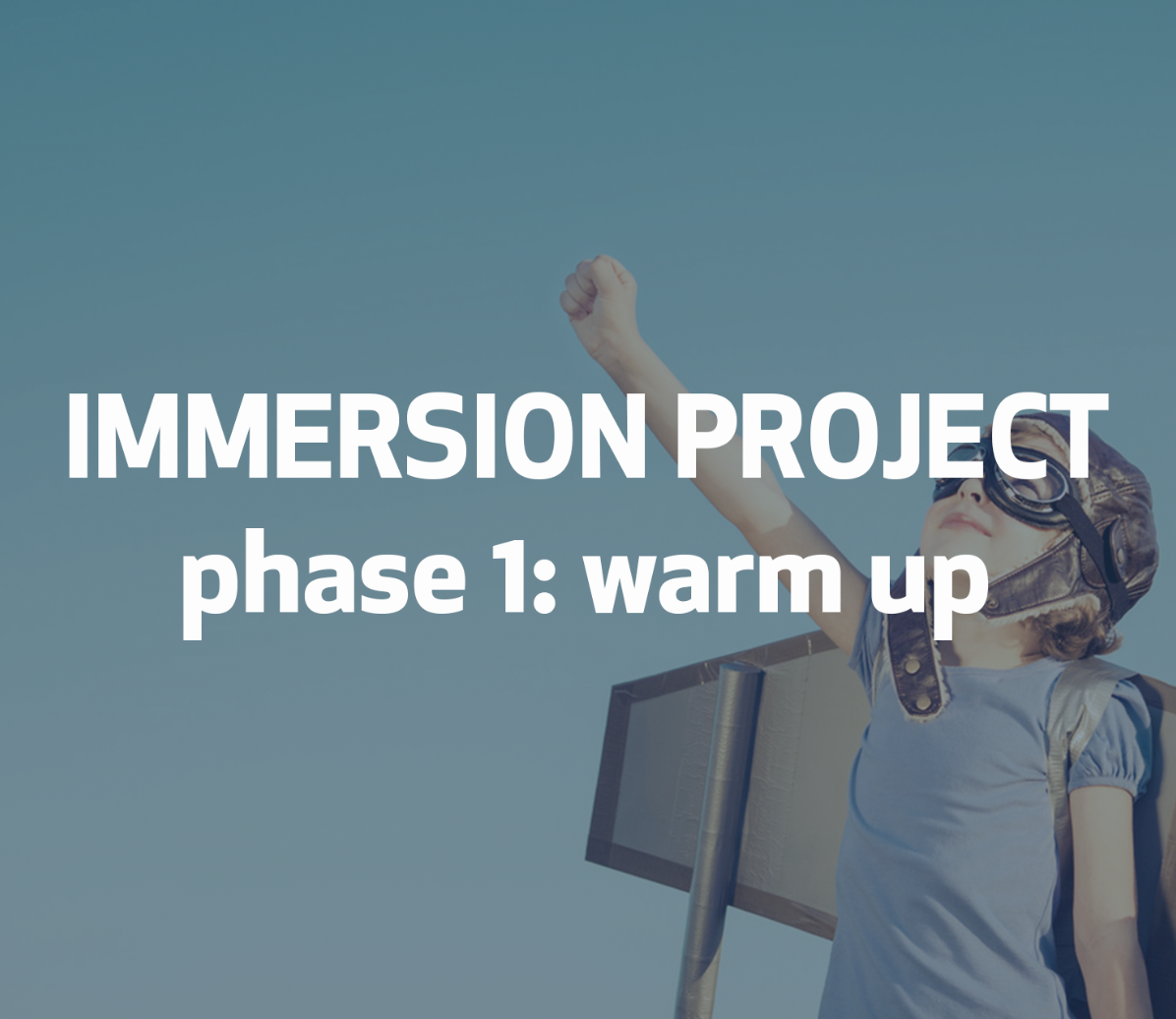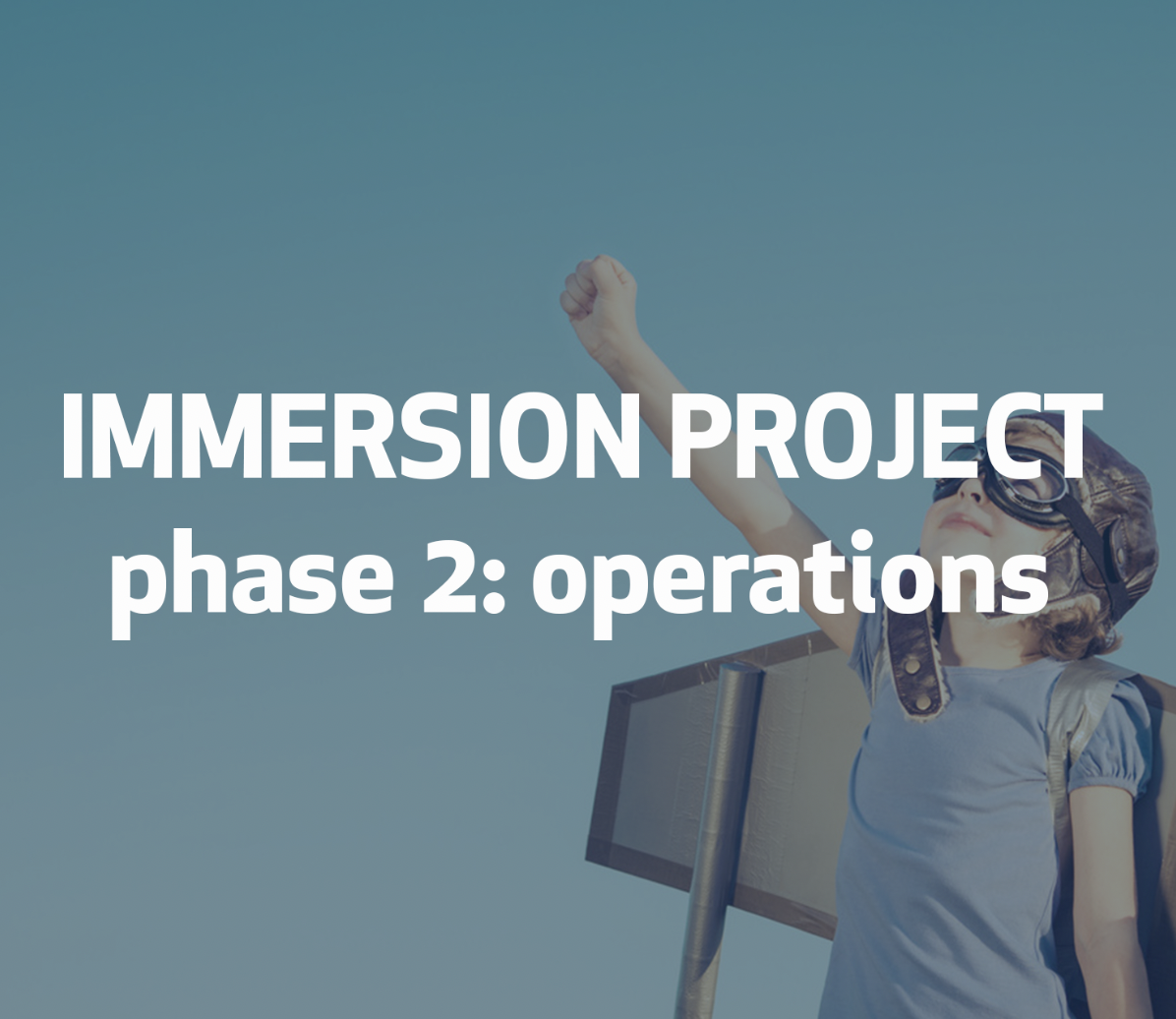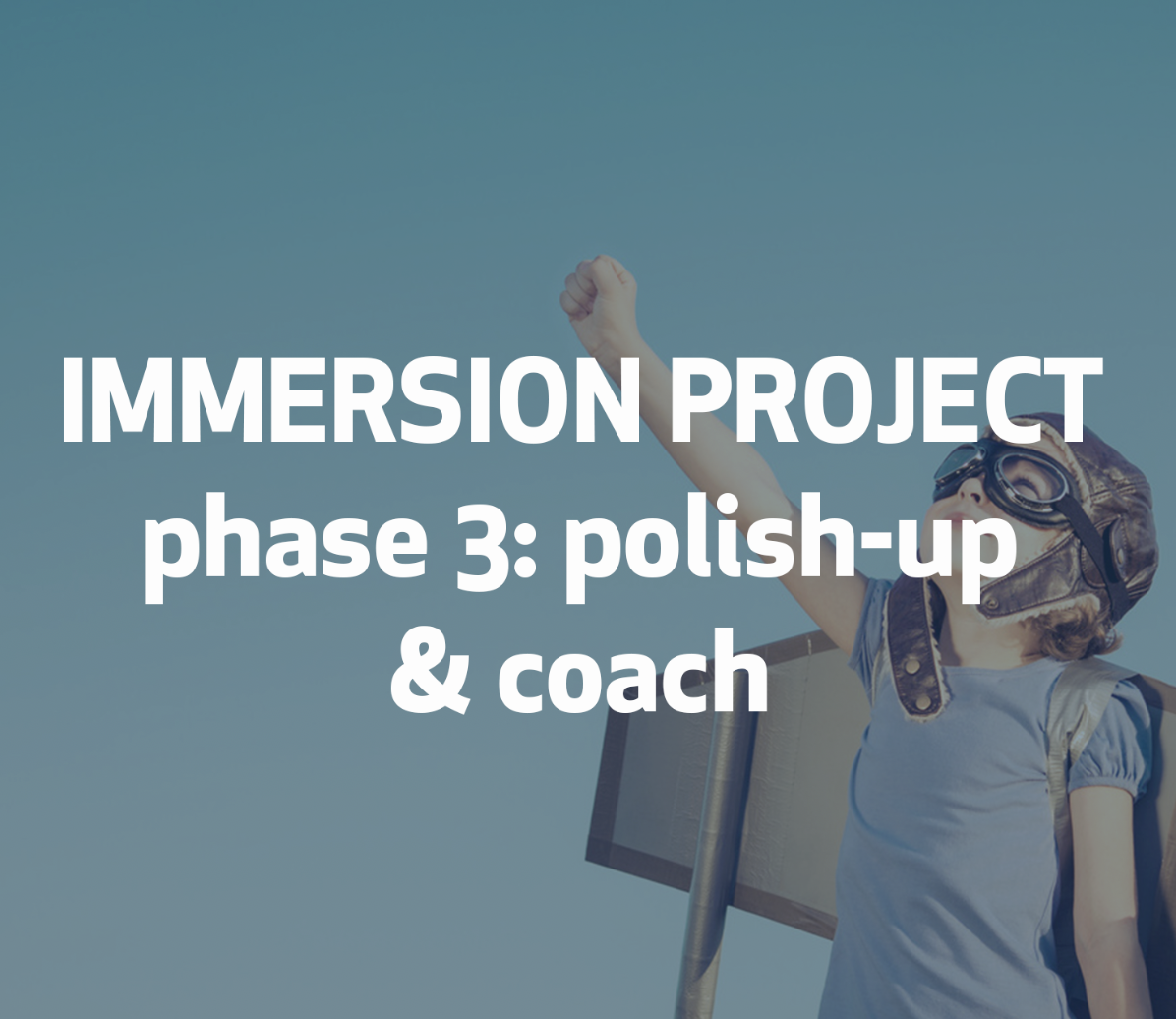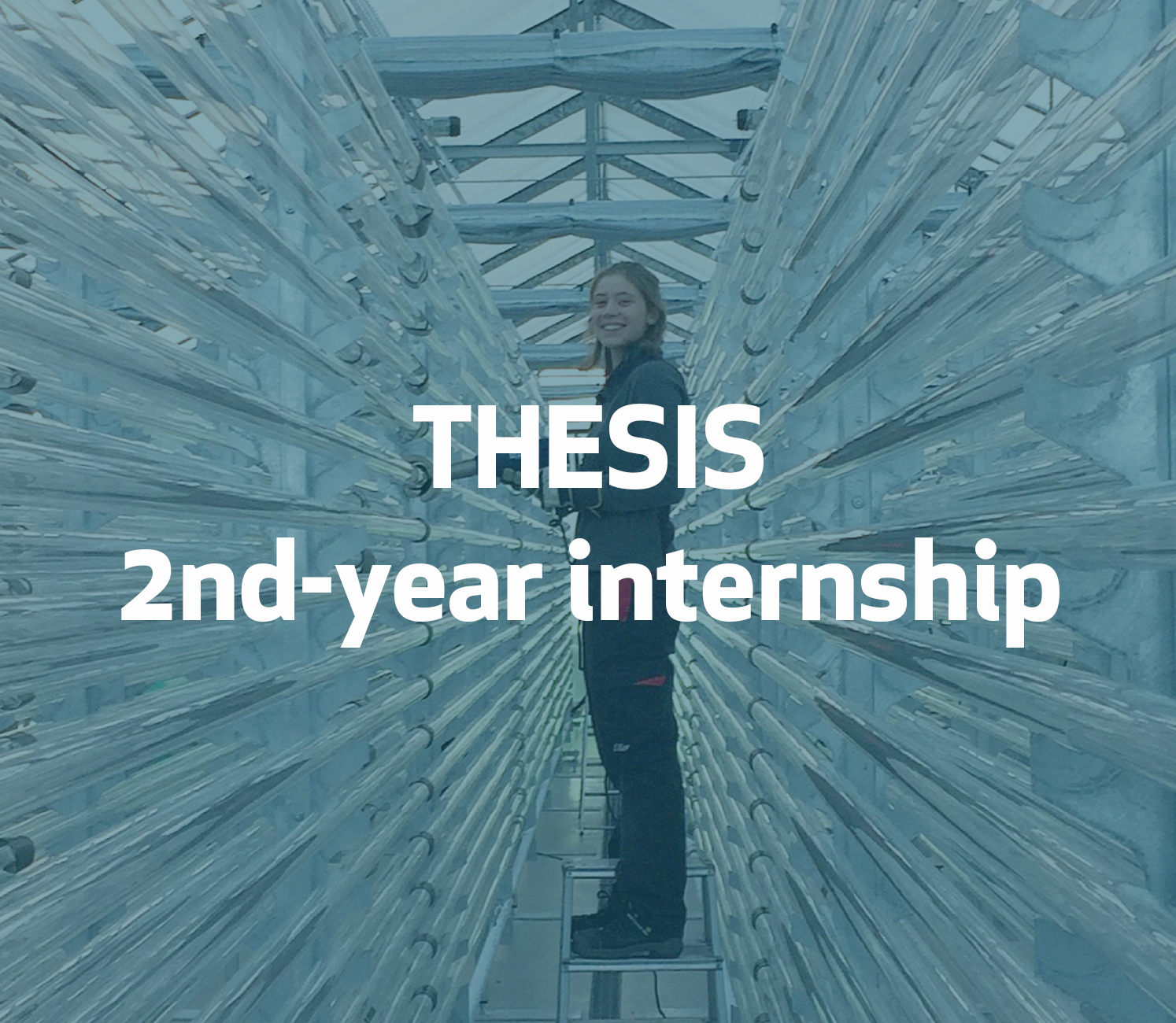MSc Ocean Science, Conservation & Innovation
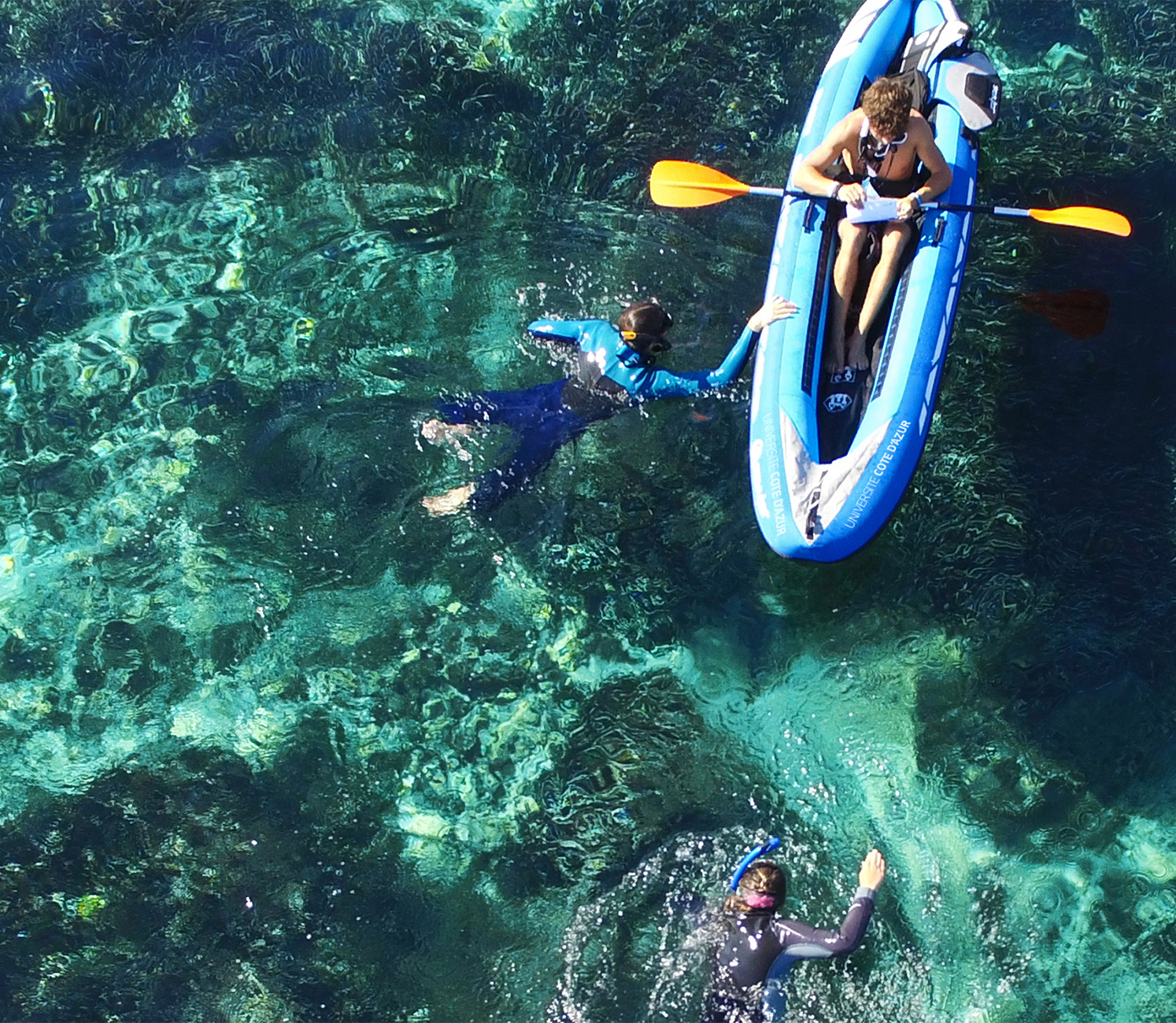
SCAN aims to appreciate the scientific approach as a whole, from the sampling strategy and experimental design, to data analysis (hypothesis, sampling plan, data collection, descriptive statistics, inferential statistics) and communication of results. A 4-day mission at sea in the Lerins Islands allows students to collect their own data which they then analyze and communicate.
program: Science & Society
code name: SCAN
module family: #Environment & Data Analysis
credits: 6 ECTS
semester: Fall (semester 1)
UN Sustainable Development Goals:
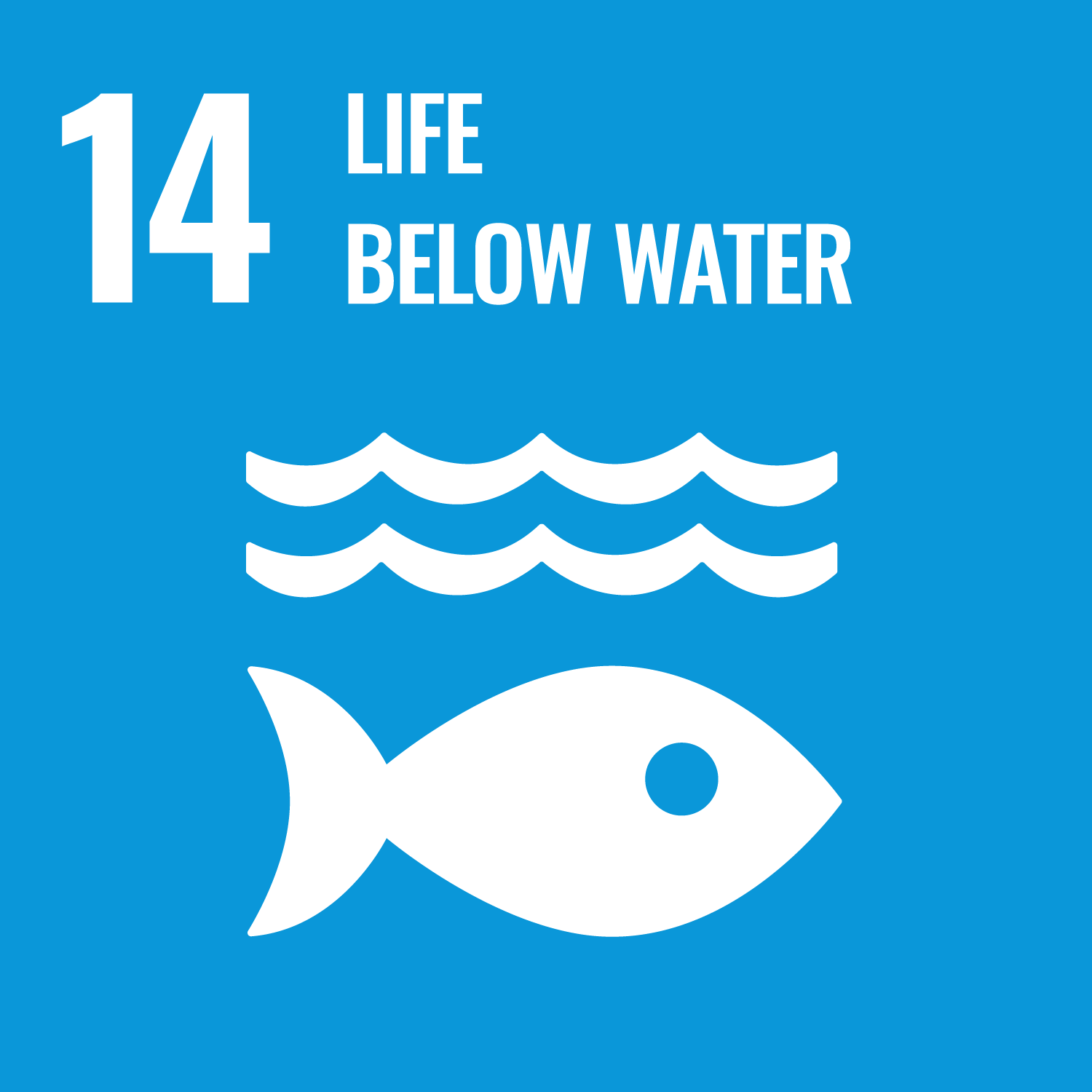
LEARNING OUTCOMES
Students should
- develop and carry out a study or research program with clearly defined objectives and methods that align with scientific standards and real-world applications.
- design and conduct an appropriate sampling strategy and experimental design, ensuring that their approaches are robust and scientifically valid.
- analyze scientific data using both descriptive and inferential statistics to interpret and understand the data accurately.
- format results, draw reliable conclusions, and effectively communicate their findings to different publics
TOPICS
- The Scientific approach
- Sampling & experimental design
- Descriptive statistics
- Hypothesis testing
- Practical
- 3-day field trip at Sea (Iles de Lérins, Cannes) to collect the data used in the project
- Workshop
- coaching on the project advancement
- presentation of the data
INSTRUCTORS
- Christophe MOCQUET (Université Côte d'Azur), course coordinator
- Steeve COMEAU (IMEV, Sorbonne Université)
- Luisa MANGJIALAJO (ECOSEAS, Université Côte d'Azur)
ASSESSMENT
- Written examination
- Scientific article (on the Lerins project)
- Oral presentation (on the Lerins project)
- Outreach video podcast (on the Lerins project)

















